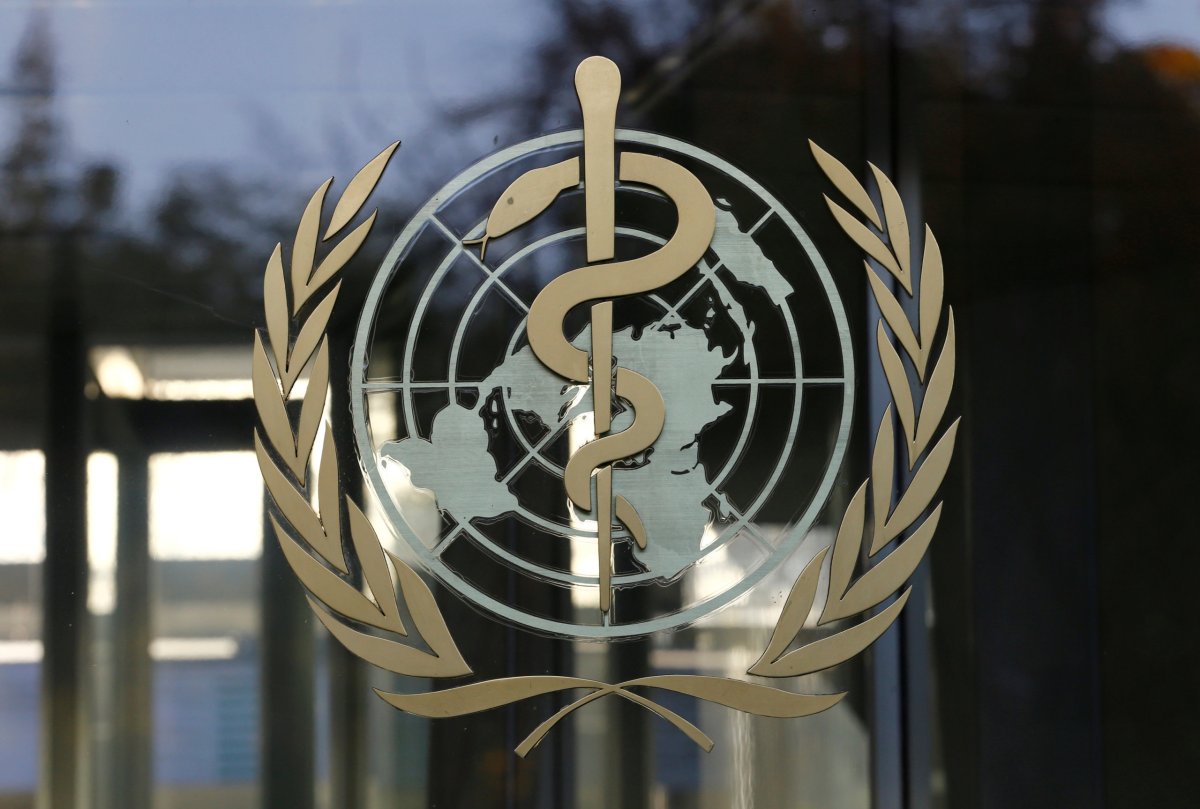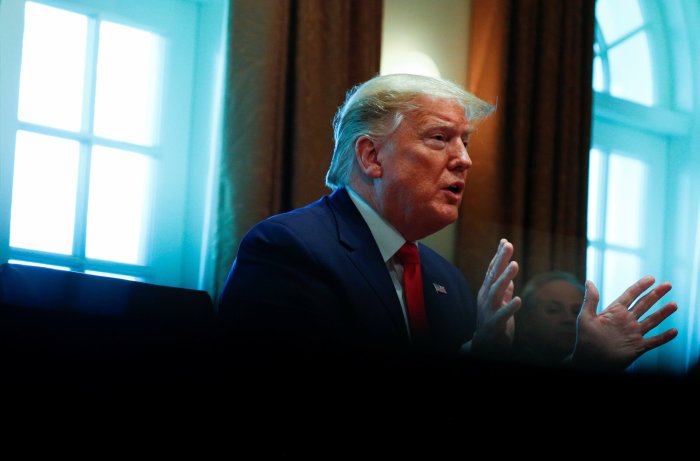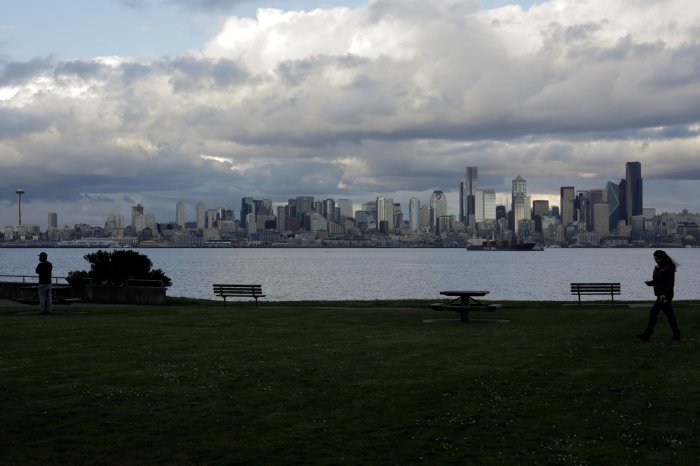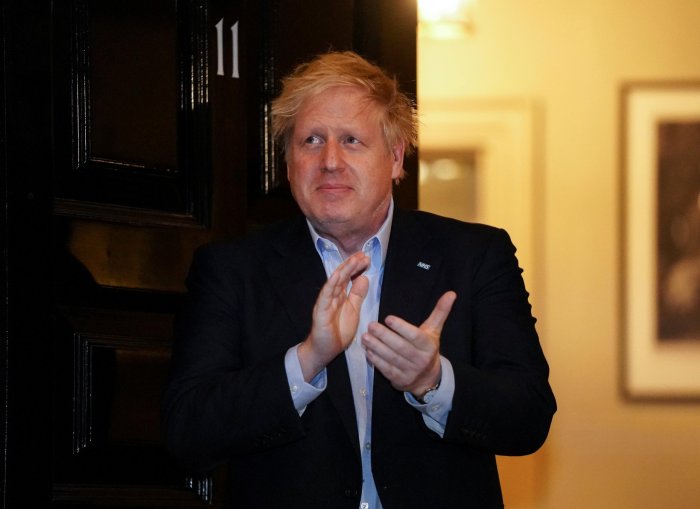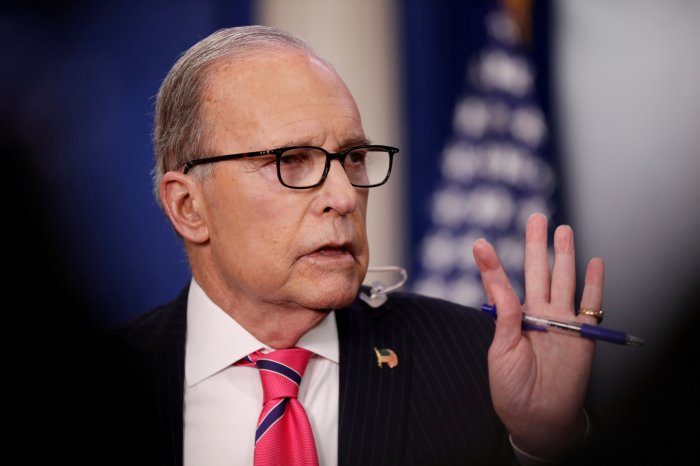WASHINGTON (Reuters) – The IMF and the World Health Organization on Friday urged leaders of developing countries to prioritize paying medical staff, buying protective gear and other health expenditures in their response to the COVID-19 pandemic.
In a joint column in the UK’s Telegraph newspaper, the heads of the two institutions said getting the new coronavirus under control was a prerequisite to reviving the global economy, and it was critical to strike the right balance in spending emergency aid.
“Our joint appeal to policymakers, especially in emerging market and developing economies, is to recognise that protecting public health and putting people back to work go hand-in-hand,” wrote International Monetary Fund Managing Director Kristalina Georgieva and WHO Director-General Tedros Adhanom Ghebreyesus.
“As financing to support severely constrained public budgets reaches the countries in need, our joint plea is to place health expenditures at the top of the priority list,” they said.
The IMF and WHO leaders also underscored their joint call with the World Bank for debt relief for the poorest countries, a step that has not yet been backed by the Group of 20 (G20) major economies.
More than 1 million people have been infected with COVID-19, the disease caused by the virus, and more than 53,000 have died, a Reuters tally showed on Friday.
Georgieva and Tedros said health expenditures were critical to protect people against the pandemic and should be paired with initiatives to reduce unemployment, minimize bankruptcies and shore up economies devastated by sweeping shutdowns.
Cash transfers, wage subsidies, strengthened unemployment benefits and other such measures should come in addition to – not as a substitute for – health spending and even public awareness campaigns about handwashing, they wrote.
This was critical given the unprepared state of health systems in many countries and the fact that social distancing was impossible in highly congested urban slums, they said.
In India, where healthcare has long been weak and millions live in crowded, unsanitary conditions, critics say a government shutdown was poorly planned and authorities are now scrambling to contain its fallout instead of focusing on COVID-19, the disease caused by the new coronavirus.
The IMF has received requests for some $20 billion in emergency funding from an unprecedented 85 countries, and has begun disbursing the first amounts to countries such as Kyrgyzstan, Honduras and Rwanda.
The Fund plans to double its emergency funds to $100 billion from $50 billion, and its members have acted to shore up its overall lending capacity of $1 trillion, they wrote.
The World Bank’s board on Thursday announced an initial $1.9 billion in emergency funds for coronavirus response operations in 25 developing countries, with more than half the aid earmarked for India.
(Reporting by Andrea Shalal; editing by Jonathan Oatis)

